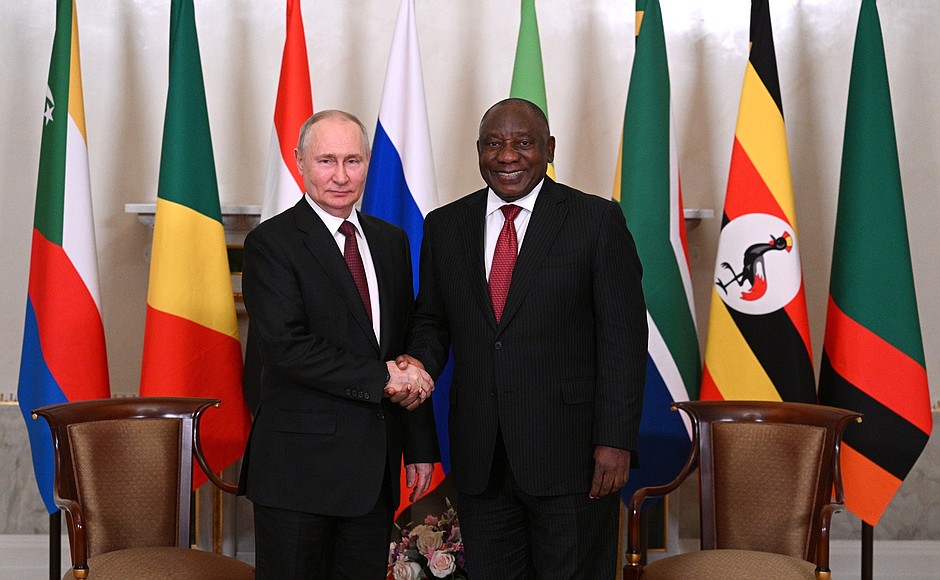Russian President Vladimir Putin’s dismissive reaction to an African peace plan from African leaders regarding the ongoing conflict in Ukraine has led to concern amongst international observers. The plan, which centred around military de-escalation and the safe return of children affected by the war, received little acknowledgement from Putin during a meeting held in St. Petersburg.
Ukrainian President Volodymyr Zelensky had previously expressed his reservations, insisting that peace can only be achieved with the withdrawal of Russian forces from Ukrainian soil. However, the display of Russian indifference was further underlined by a missile attack on Kyiv, coinciding with the visit of the seven-nation African delegation, a move that has been widely interpreted as a clear sign of disrespect.
Such developments may potentially damage Putin’s standing ahead of the Russia-Africa Summit, a key diplomatic event designed to bolster Russia’s relations with the Global South.
Professor William Gumede, from Johannesburg’s University of Witwatersrand School of Governance, expressed surprise at Russia’s military aggression during the African leaders’ visit, stating it had been hoped there would be a temporary ceasefire. The firing of a series of missiles, including six Kinzhal hypersonic missiles, six Kalibr missiles, and two drones, during the trip was seen as a flexing of Russian muscle, rather than a gesture towards peace.
The delegation, including South African President Cyril Ramaphosa and leaders from the African Union, Senegal, Zambia, Egypt, Uganda and the Republic of Congo, was met with rejection and interruption during their presentation at the Konstantinovsky Palace. Analysts suggest this could further weaken Putin’s influence in Africa.
Putin’s refusal to adhere to the African leaders’ peace plan has prompted criticisms that he is not truly “open to negotiations” as often claimed, and instead is expecting Kyiv to capitulate to the illegal seizure of Ukrainian territory.
Meanwhile, in South Africa, discussions are underway regarding President Putin’s upcoming visit for the BRICS summit, amid the predicament of a standing ICC indictment against him. South African law, incorporating the Rome Statute that established the ICC, would obligate the arrest of Putin on his arrival. Overriding this would require a constitutional change, a move likely to be met with opposition from civil society and opposition parties.
These developments highlight the mounting complexity and tension within the international response to Russia’s aggression in Ukraine. African nations, often pressurised by both Washington and Moscow, are left grappling with their stance on the issue, with the recent dismissive behaviour from Putin further complicating matters.
President Putin’s approach during the African leaders’ visit may damage Russia’s reputation in Africa, just as the upcoming Russia-Africa Summit seeks to strengthen ties with the continent.
Image Credit: Ramil Sitdikov, RIA Novosti on Wikimedia





